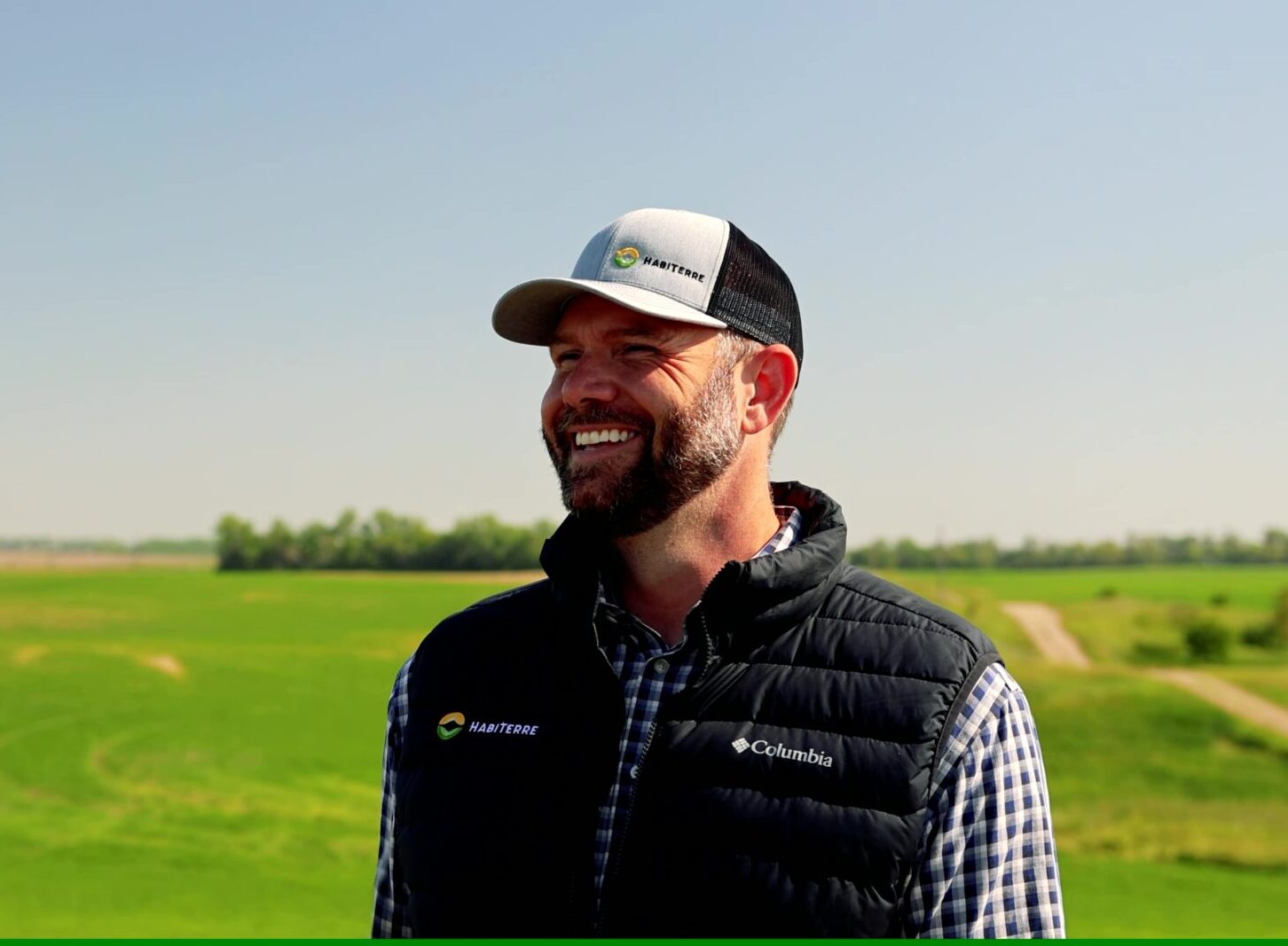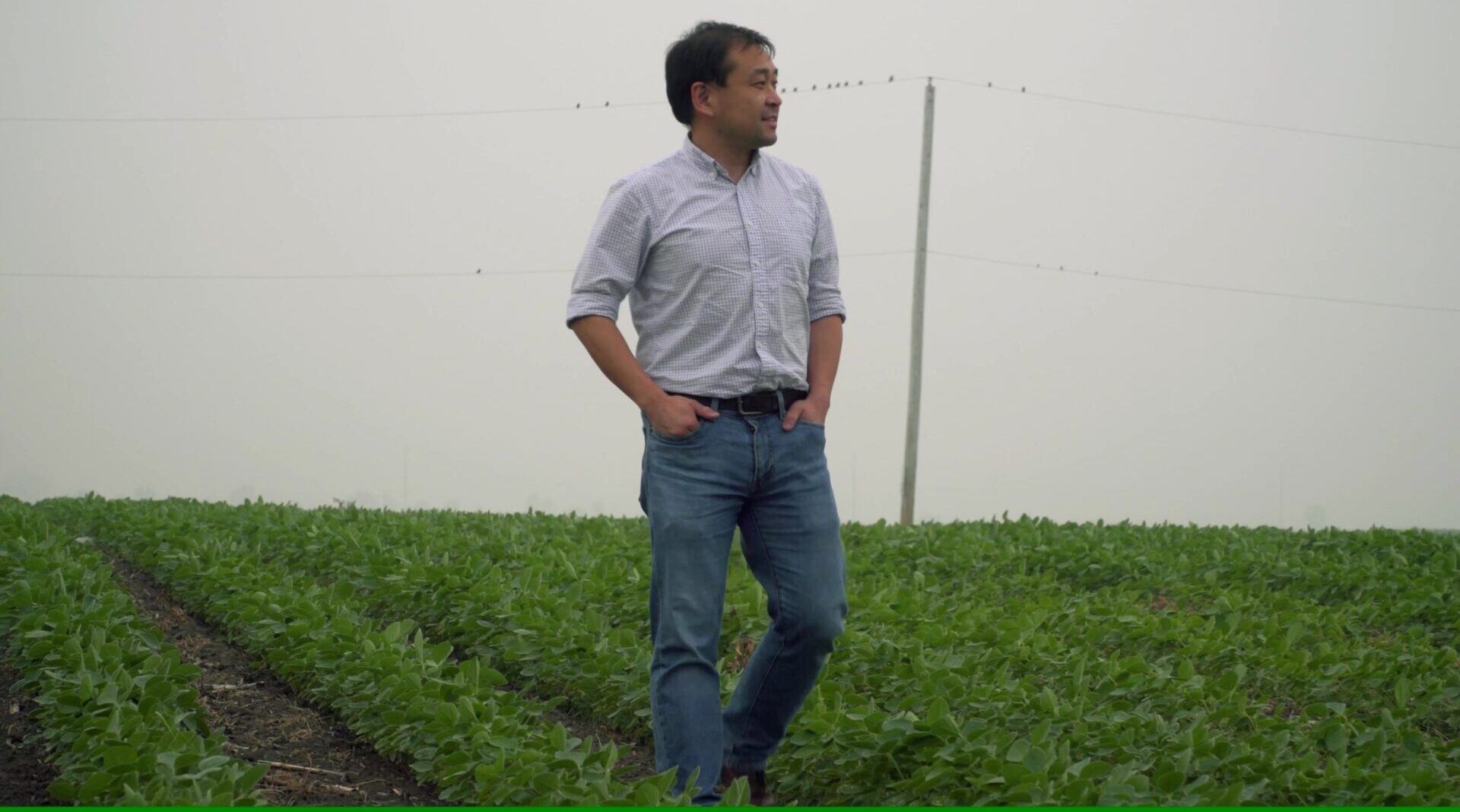- Climate-focused deep tech startup HabiTerre has completed an initial close of $10 million on its Series A round.
- John Deere, which invested in HabiTerre’s 2022 seed round, led this fundraising.
- HabiTerre will use the new funding to scale up its environmental systems models that represent agricultural production systems and analyze the impact of farming techniques on crop productivity and the environment.
- The company is actively raising another $3 million to $4 million as part of its Series A round.

Deere’s investment ‘a powerful signal’ about the technology
Building upon extensive research and development by University of Illinois professor Dr. Kaiyu Guan, HabiTerre’s “system-of-systems” technology monitors and measures the environmental impacts of farm operations. The system uses a combination of remote sensing, process models, and artificial intelligence to evaluate past, present and future land performance and create simulations that can predict environmental outcomes on the farm.
The model can apply to croplands, grasslands, forests and wetlands.
Deere being the lead investor for the Series A round is “a powerful signal” about the potential impact the technology could have at scale, says HabiTerre CEO Nick Reinke, who adds that his company has worked with Deere on pilots in the past.
The new investment will largely go towards scaling HabiTerre’s technology offering “to make it even more efficient for quality assurance and quality control” for more companies across the ag value chain.”
“We’ve executed a number of pilots and are working with a number of different commercial customers,” he notes. “We’re really getting clear on what the market needs from technology like ours.
“This market around environmental outcomes in ag is real, but it’s struggling to realize its potential because of the inefficiencies with data. There’s also kind of a general lack of confidence in the outcomes generated, so that scientific rigor is a really key piece.”
“We have the ambition to become a global standard to quantify agricultural decarbonization and sustainability metrics,” adds Dr. Guan. “We are building upon an already strong history, but there is much more work yet to be done, and HabiTerre is excited to dig in and be the industry leader.”
Dr. Guan won the FoodShot Global Groundbreaker prize in 2022; more recently, the HabiTerre model was validated by carbon accounting nonprofit Climate Action Reserve.
“On top of that, we’re seeing an overwhelming demand for technologies that can be the back-end infrastructure to make [carbon] markets work at scale,” says Reinke, adding that a big reason for the Series A fundraise is to keep up with market demand.

More than an agtech startup
While the main application for HabiTerre’s technology is farm related right now, Reinke says the company is “not purely an ag tech company.”
“We’re really climate tech software, and we’re not trying to build a business that’s based upon us being a new farmer-facing platform and that being the end-all-be-all like for us.”
“It’s really about kind of that scalable technological infrastructure for climate impact,” he adds. “Agriculture just happens to be the place that we see the best application of our technology. We’re geospatial and we’re ag and we’re climate. It’s the confluence of those things and how you build the infrastructure for that.”
Nor is the HabiTerre platform just about measuring greenhouse gas emissions.
“That’s where the [climate] market is at today,” says Reinke. “But because we’re looking holistically at the [agriculture] production system, there’s so many different applications for our technology. I don’t think we’ve even begun to really discover all the different things that we could do as that kind of back end infrastructure partner looking at water-use efficiency and clean water impact, fertilizer-use metrics and nitrous oxide.
Ultimately, he says “we feel pretty good about what we’re doing because there are just a lot of different ways that we can apply our technology. This [in agriculture] just happens to be the place where it is most impactful right now.”
He notes this point was helpful in the fundraising process, as the climate side of investment “has seemed a little bit more resilient” in the face of the current fundraise environment, where capital is less free-flowing compared to previous years.
HabiTerre is currently aiming to do another $3 million to $4 million as part of its Series A round and is actively looking for investors, adds Reinke.
“We’ve got a little bit of room left in the round and are just looking for strongly aligned investors.”




